“I believe in imperfect sustainability. Breaking the addiction to convenience is not easy. So my perfect sustainable world vision is one where people are more conscious of their consumerism and what they buy, where they buy it from, and where the materials in their products originated. Through this consciousness, changes can happen.”
BRAD
Meet Brad,
Brad joins us from Connecticut, about an hour north of New York City in the USA. He lives there with his wife and their three children, aged 5, 10 and 12. At the beginning of the year, in the hope that it would bring his family closer together, rather than tear them apart, Brad embarked on a plastic-free journey and shares his experiences along the way.
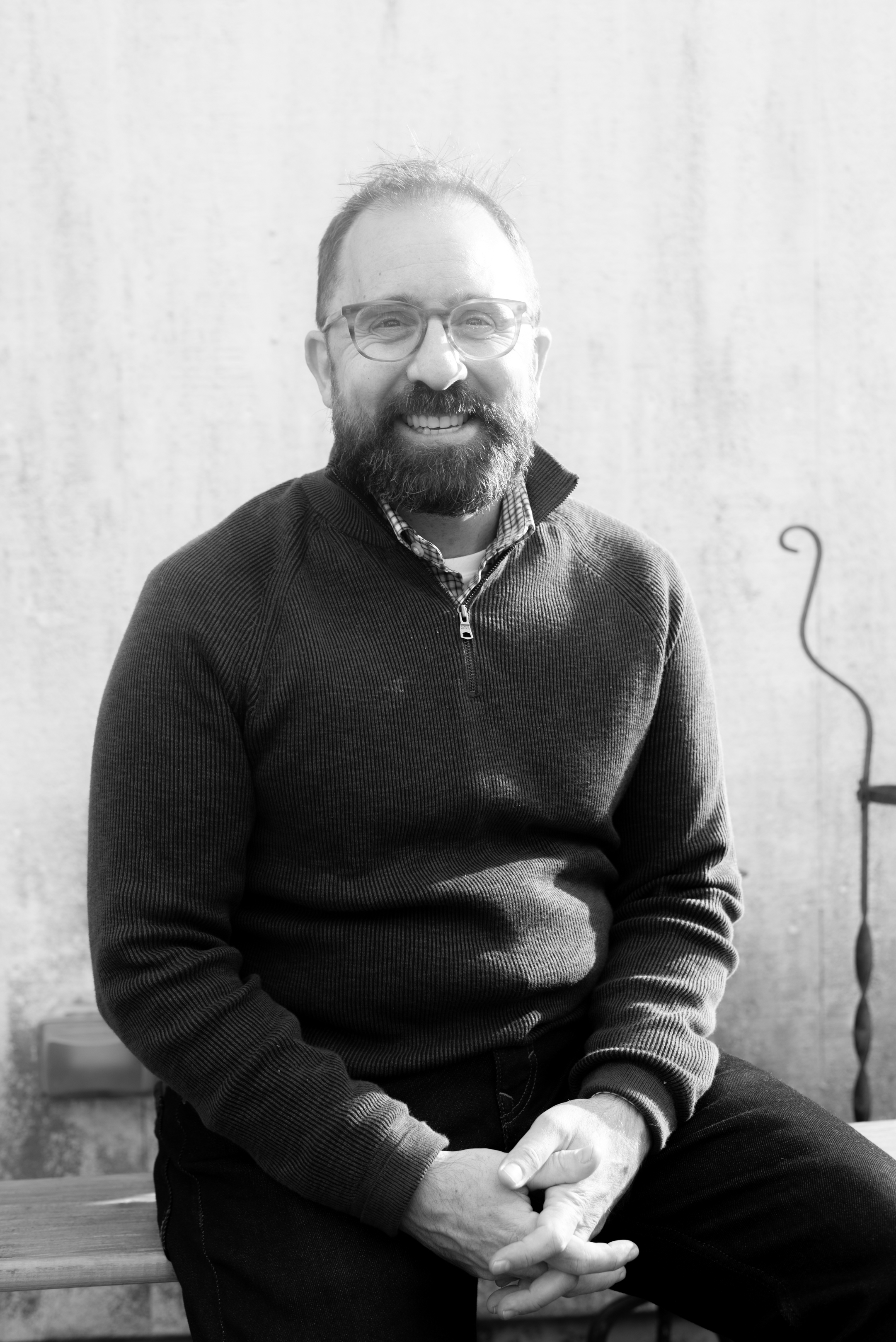
Text: Beth Mark
Photography: Jen Prat
The Plastic Free July challenge has been building momentum over the last couple of years, but Brad wanted to take it one step further and set himself a plastic-free challenge for the entirety of the forthcoming year. He named his journey ‘My Plastic Free Family Feud’ as a playoff from a programme he watched growing up called ‘Family Feud’ to signify his family working together but with the occasional butt of the heads. He explains his reasoning for taking on the challenge,
“I like New Year's resolutions, but my wife does not! I knew she would be the hardest to convert, but as I say, I like a challenge… by making it public and also fun, I thought I can hopefully inspire others.”
Brad is no stranger to a challenge; he works for the renowned global children’s charity organisation Save The Children, and started with them as one of their adolescence health experts and is now head of the child sponsorship programme. Since starting with the organisation 16 years ago, Brad travels every six weeks for work. He tells me about the effect this has on his outlook on life,
“I've been nearly everywhere in the world, which shapes my worldview, and my interactions with friends and family when I'm home. It takes a lot of cognitive dissonance. One day it’s off to the villages of Malawi, then it’s back home to my affluent neighbourhood in Connecticut. I don’t always want to be the dad who says things like ‘how could you not eat all your food? I was with people yesterday who were starving…’ You can’t be that person all the time, but it's there.”
Many people experience cognitive dissonance; where our lifestyles and experiences don’t quite tally up to our underlying beliefs. This conflict becomes uncomfortable for our brains to deal with. A possible way to cope with the dissonance is to engage in positive actions. Over the years, it was Brad’s travels and witnessing the ever-developing plastic problem, which spurred him on to make the positive change at home, he explains,
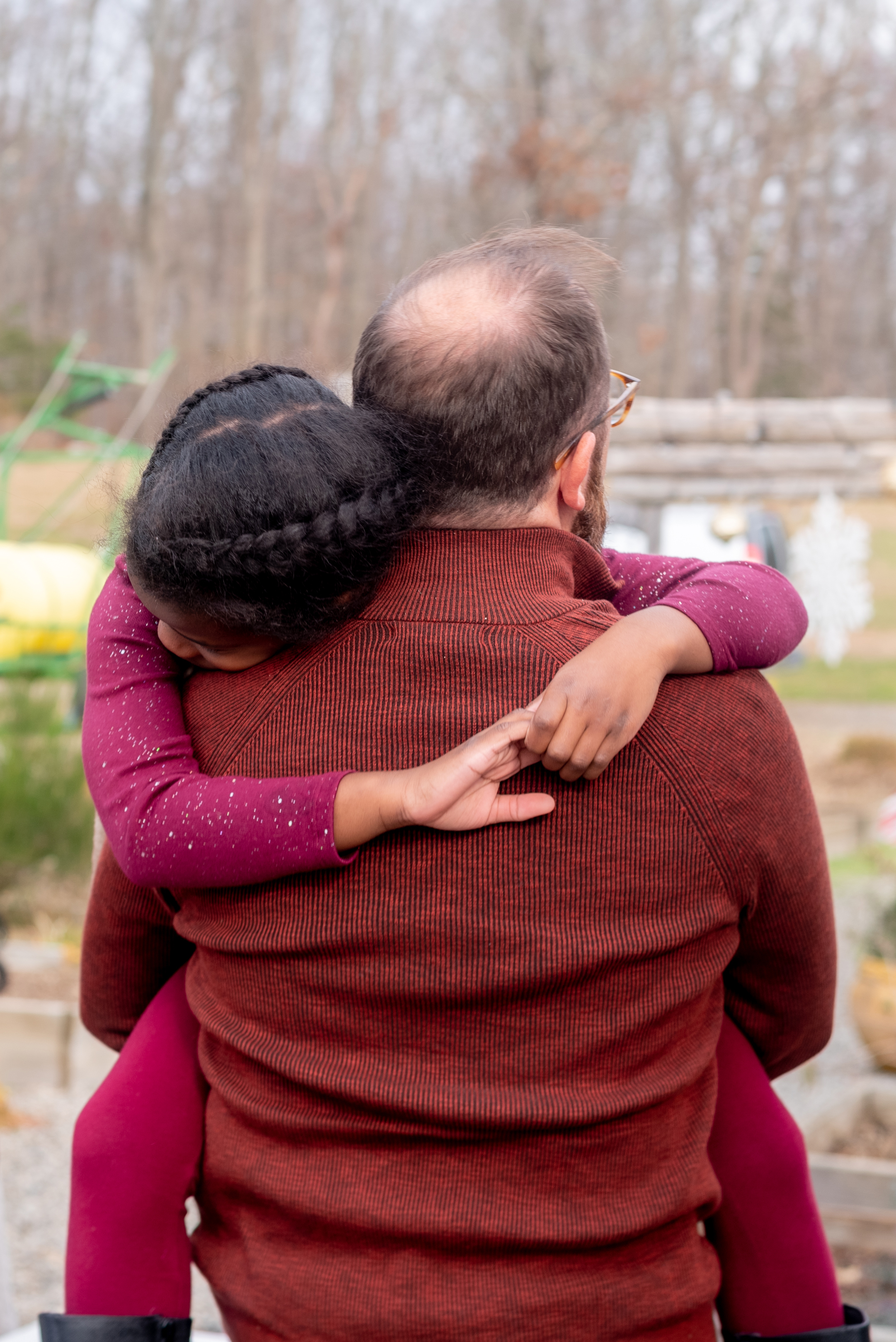
“Not only have I seen it on a new macro level, but in all of the countries I go to now the amount of plastics is out of control. So many big corporations and countries like America and Europe see these poorer countries as a dumping ground…
In America, we produce far more plastic waste than the countries I visit, but we don't get to see it. It doesn’t build up in our back yards; it’s very much out of sight and out of mind.
In many areas of developing countries, they are still fending for basic survival so waste right now is not their priority. But we've already passed that economic revolution tipping point here so it’s up to us to change…”
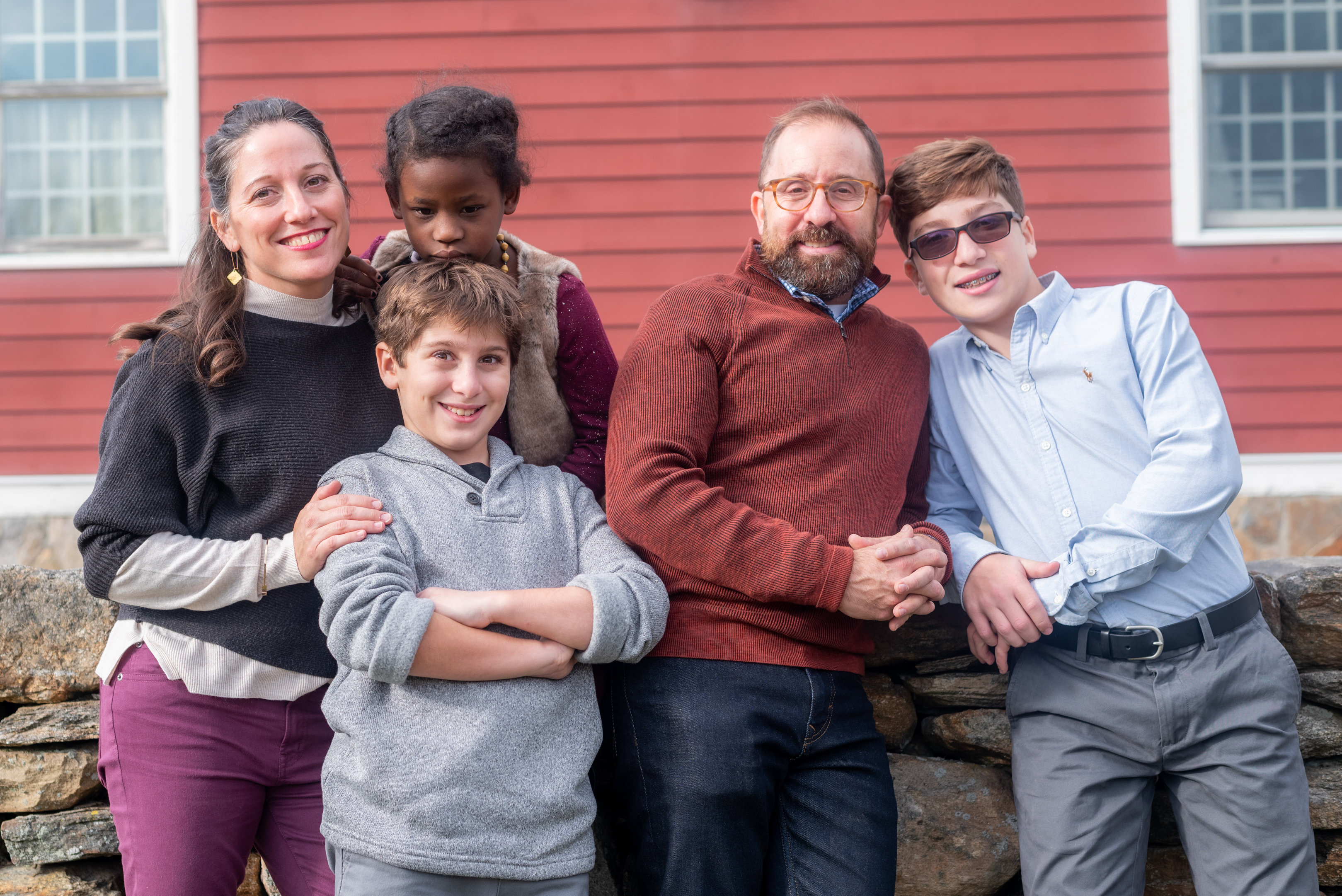
To cope with these feelings of unease, Brad makes a point to appreciate what is around him and tries to teach his kids to honour their surroundings and not be wasteful.
“I would say that the younger you make the changes, the better, as the easier you are to convert. My kids try so they are adapting. That doesn't mean that they've changed all their behaviours, they’re kids…my daughter still loves her Barbies.”
The biggest challenge Brad has faced is more to do with social norms rather than getting his family on board. He explains,
“At the start of my journey, I wrote on my blog how my biggest fear going into this was that I didn’t want my friends to treat me differently, but I’m afraid it’s natural that they do. When I visit, they feel ashamed if they're using plastic. I tell them ‘no judgement here, I am not the plastic police’. But I also get it the other way and have my friends policing me. The hardest thing has been fighting those social norms and the comments from my friends who I love dearly. In the end, it's worth it, I hope that one person can say that I inspired them to be a better global citizen of the earth.”

As a lover of the natural world, Brad also keeps a close eye on the developing climate crisis, he comments,
“Over the last 16 years, I’ve witnessed first hand the changing effects of climate change. The people who are most affected are those that are most marginalised and deprived. Think about Bangladesh, that's a country that has always had floods, but the severity and the frequency of the flooding are getting much worse… What scares me the most is that we have reached a tipping point of saving the planet. It makes me sad that we don’t listen to science.”
To expand his influence, Brad aspires to open a zero waste shop near him to inspire his local community to reduce their waste, with no pressure or judgement, he explains,
“I believe in imperfect sustainability. Breaking the addiction to convenience is not easy. So my perfect sustainable world vision is one where people are more conscious of their consumerism and what they buy, where they buy it from, and where the materials in their products originated. Through this consciousness, changes can happen.”
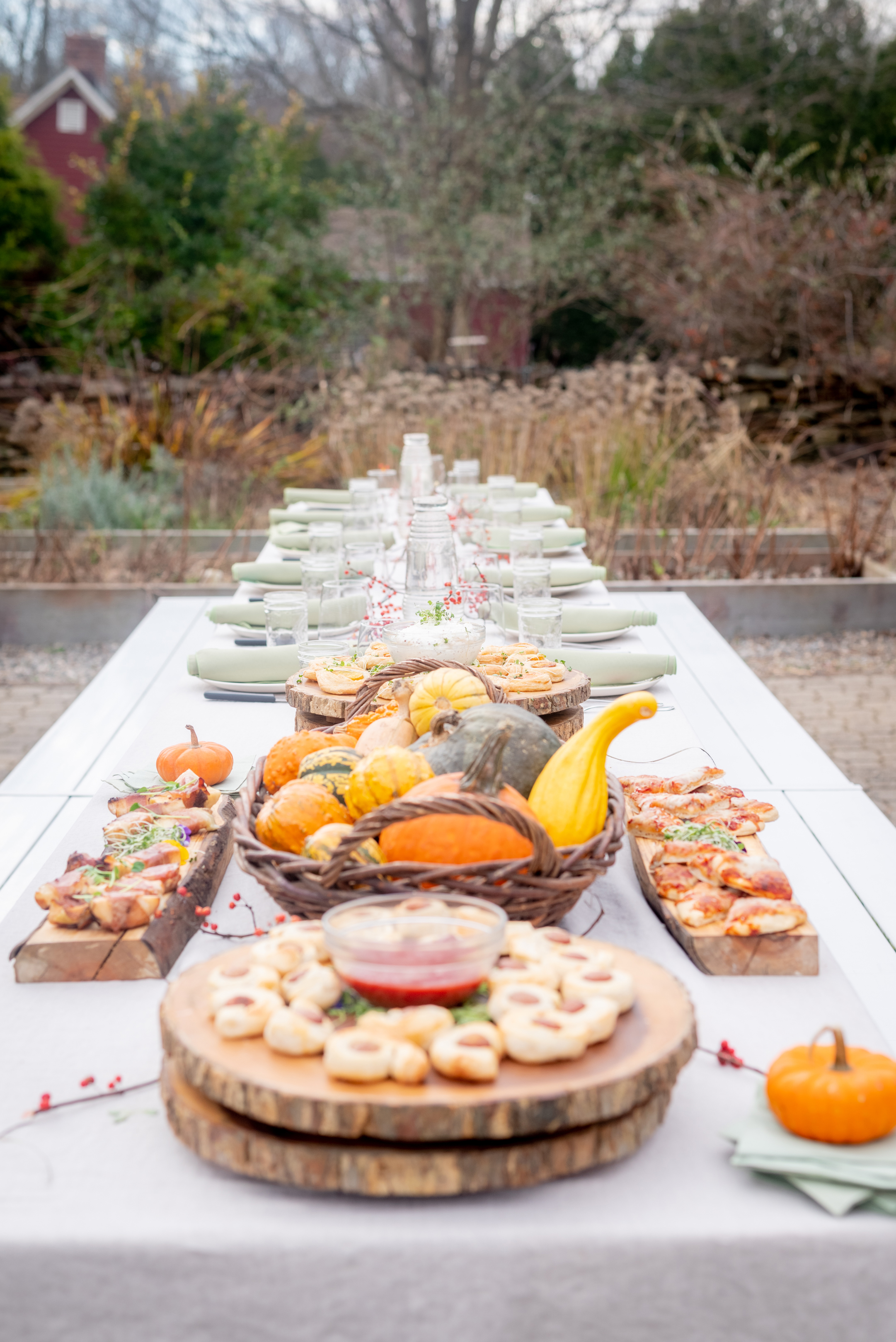
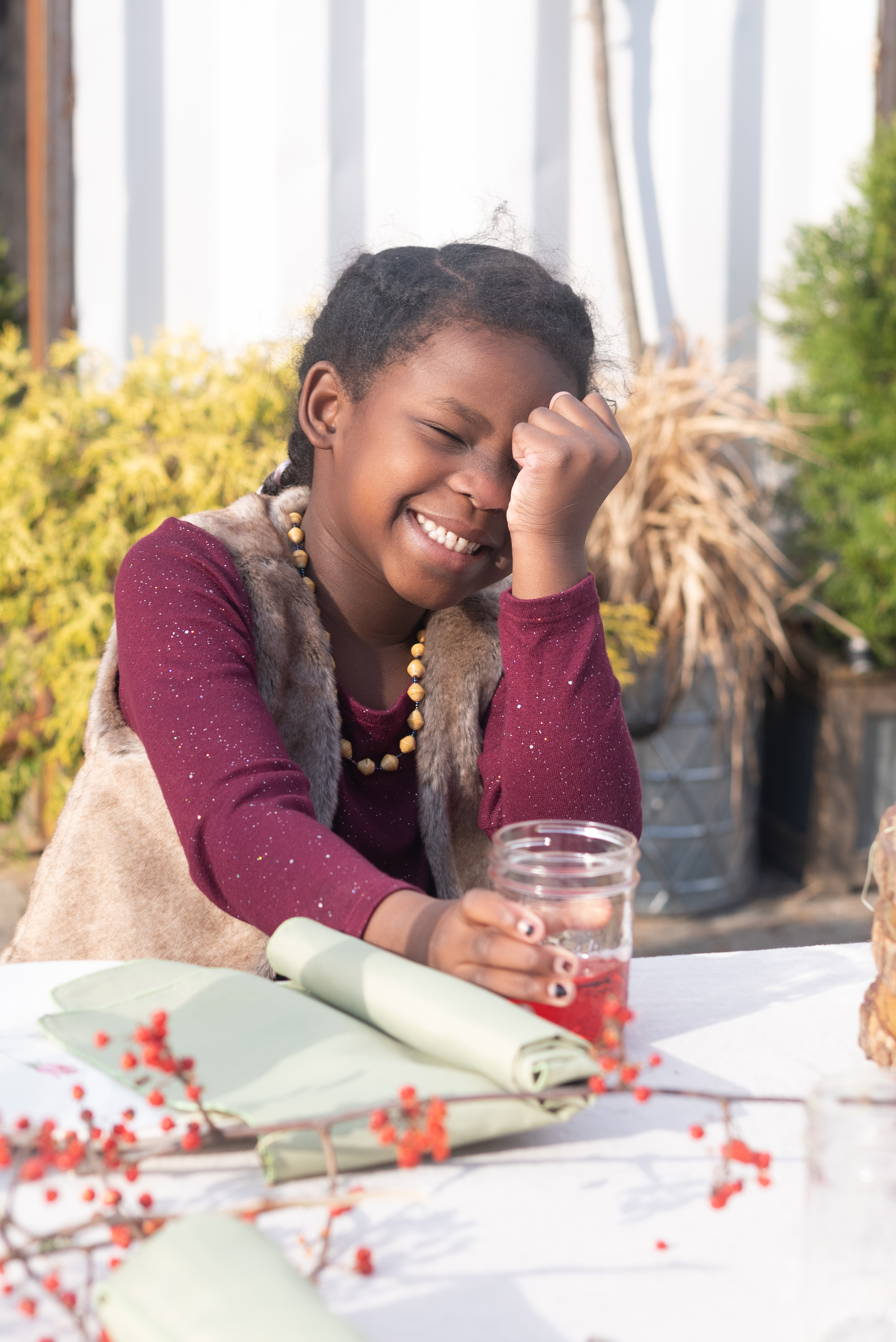
As well as the ‘reduced waste’ aspect, he envisions a store that helps serve his local community as a whole,
“I would have the vast majority of my products sourced within an eight-hour drive. California is where most of America’s eco-products are sourced, as that’s where the main environmental movement is in our country. But being 44 hours drive away, I would want to commit to being local for environmental reasons. Also, with 15% of our population being African Americans, and my daughter is black, I would aspire to get 15% of my products from black-owned businesses. I am actively searching for items from indigenous groups, and from groups of people with disabilities. I just want it to be a very diverse and inclusive space.”
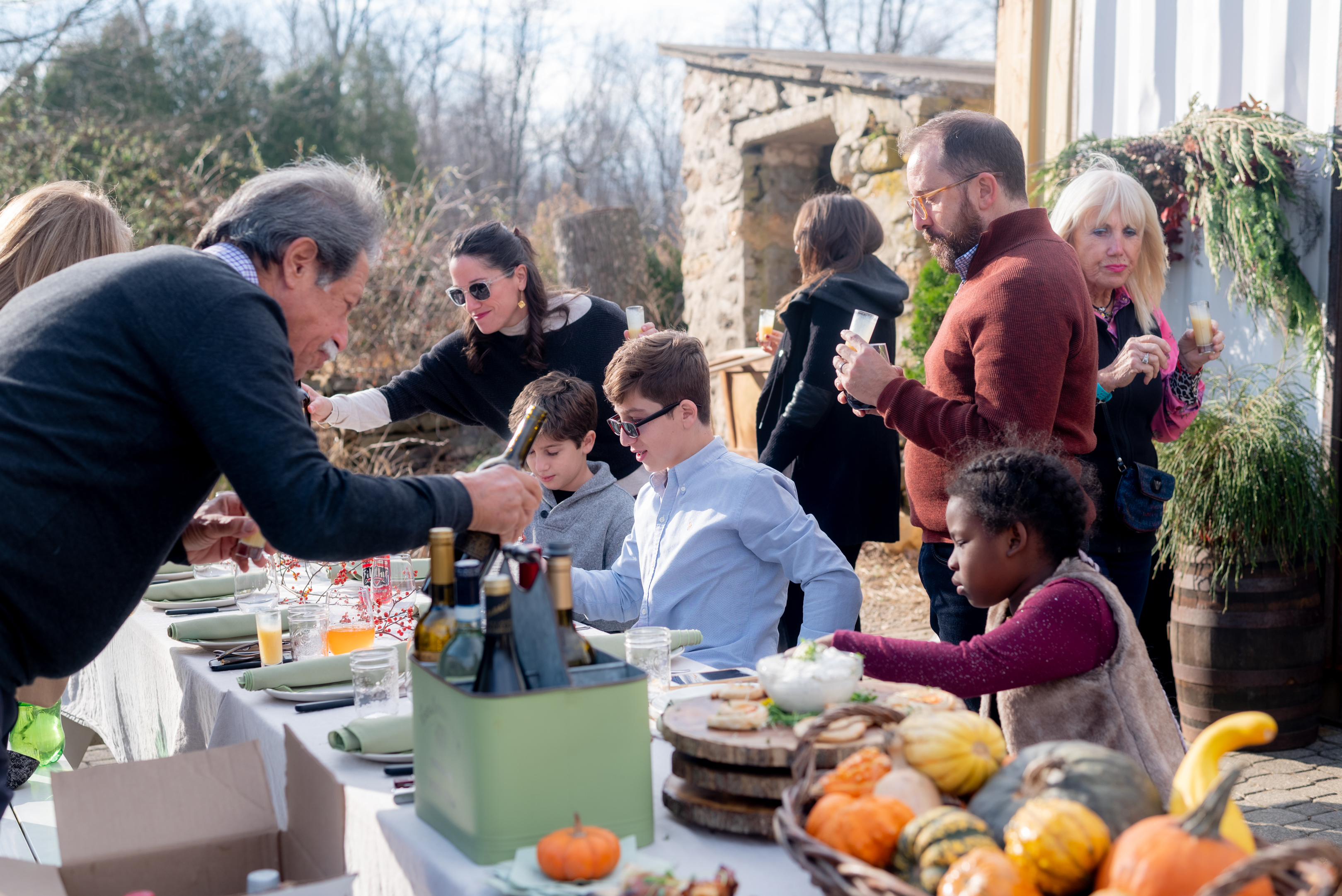
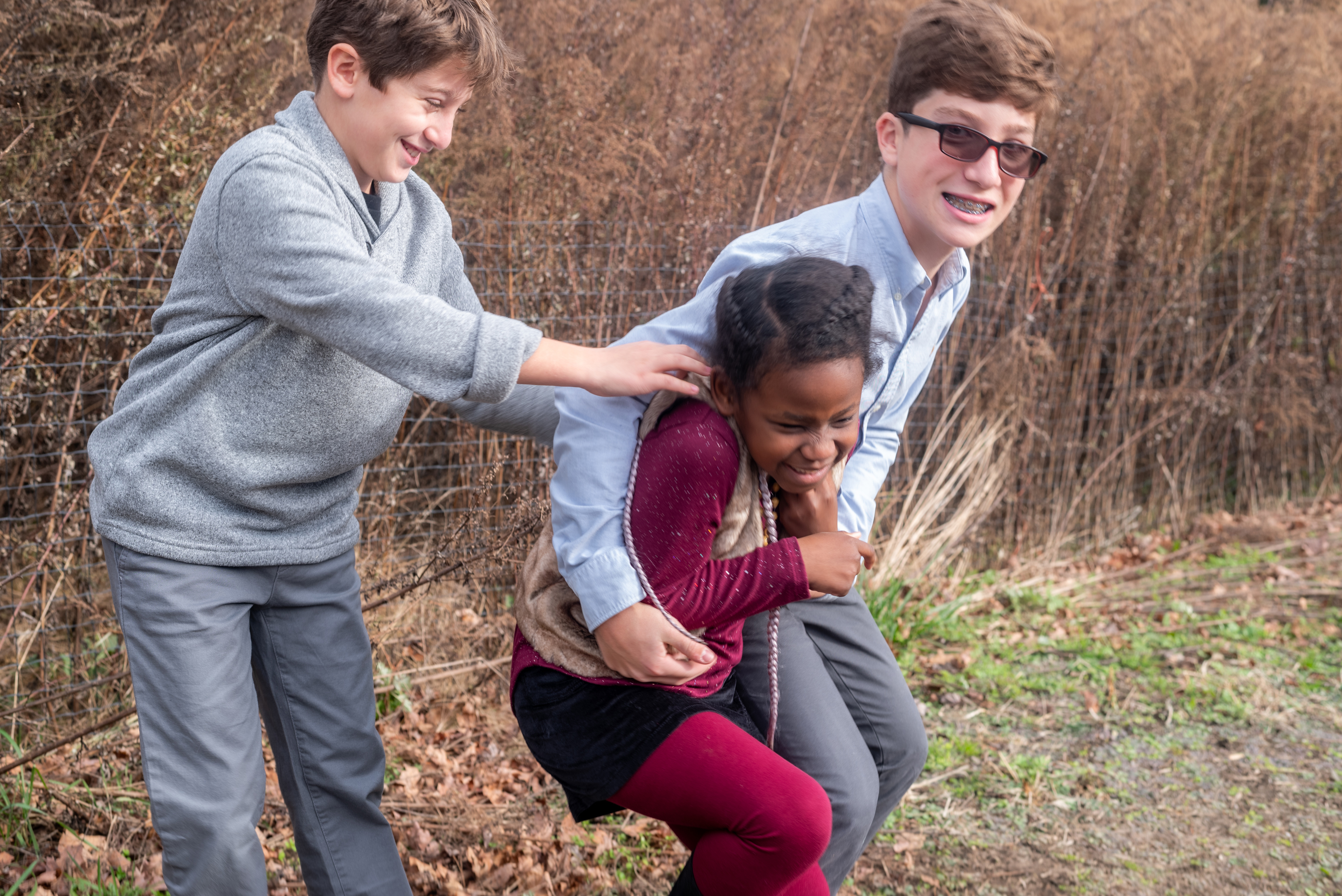
For Hanukkah, Brad had already started influencing and incorporating his local community by approaching his local congregation to talk about how to have a low waste holiday. He explains,
“I gave a talk at my temple and have already convinced them to instead of gift wrapping candles with plastic, we wrap them in a note explaining why they won’t be this year, for the sake of the planet.”
Brad’s passion and drive were evident throughout the entirety of the interview. He’s pretty much nonstop with his creative ideas. Even while we were talking over zoom, Brad had a neighbour stop by to drop off their empty sweet wrappers after Brad advertised that he recycles them with Terracycle – giving his community a means to dispose of ‘hard to recycle’ items responsibly.
With a new year, comes new challenges and Brad has rebranded himself as The Eco Dude. He’s kick started his year with Veganuary and has challenged himself to avoid buying any new clothes in 2021.
Brad is clearly a man of the community. It’s evident that with or without his shop, Brad will continue to convert his local community, friends, followers and fellow dads to love our planet as much as he does. We wish him every success in the future.
THREE TAKE HOME STATEMENTS
︎︎︎︎︎︎︎︎︎︎︎︎︎If you personally don’t witness the plastic pollution pandemic or see the effects of climate change first hand, that doesn’t mean it’s not happening.
︎︎︎︎︎︎︎︎︎︎︎︎︎Change starts from home. Involve your community, friends, family and neighbours to make changes that benefit the planet.
︎︎︎︎︎︎︎︎︎︎︎︎︎Share your story. Make your eco voice heard.
FURTHER READING AND RESOURCES
︎︎︎︎︎︎︎︎︎︎︎︎︎ My Plastic Free Family Feud Blog
︎︎︎︎︎︎︎︎︎︎︎︎︎
Book: Drawdown: The most comprehensive plan ever proposed to reverse global warming, Edited by Paul Hawken
︎︎︎︎︎︎︎︎︎︎︎︎︎
Instagram Account: @TCTrashart: Rebecca and Cristina make art from beach trash found on Hutchinson Island in Florida. I have never met them but love their prolific beach cleaning and art.
︎︎︎︎︎︎︎︎︎︎︎︎︎ Favorite Eco-friendly movie from 2020: Biggest Little Farm on Netflix makes me want to follow in their foot steps and do more regenerative gardening and planting.
London 2020